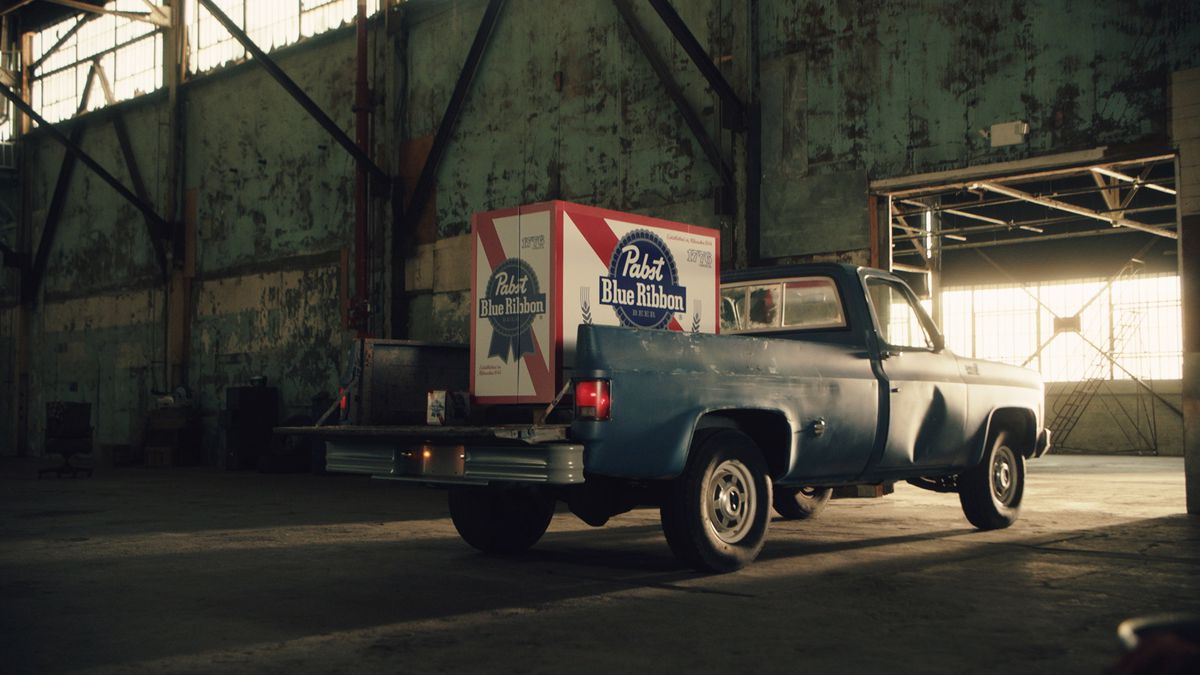It’s hard to imagine Asheville as anything other than a free-flowing Mecca of craft beers. Of the fifty-plus breweries in the Western North Carolina mountains, Asheville hosts nearly thirty. Commended in Forbes Travel and CNN for its beer-worthiness, our scenic metropolis is third in the nation for breweries per capita.
It is harder still to picture our local breweries’ cultural and economic contributions dwindling because of uncontrollably spiking beer prices, or to fathom stopping at just one artfully-crafted beer because of its strain on the wallet. It is simply impossible to entertain the prospect of beer shortages. In these scarcely imaginable scenarios, governmental failure to arrest price hikes and shortages would be too ridiculous to consider.
Beer, after all, unites people of diverse ideologies everywhere in the fellowship inspired by the world’s most consumed alcoholic beverage. Indeed, half the US Congress belongs to bipartisan Small Brewers’ Caucuses. (Patrick McHenry, R-NC, 10th District, is one of four vice-chairs of the House caucus.) So, what could possibly hinder access to beer with such unified government support for the industry?
The answer might surprise: Climate change.
It would seem an unlikely agitator in the craft beer marketplace; but barley and hops are indispensable ingredients for brewing beer, and these crops are already seeing the effects of a warming climate. In the principal barley-growing states of the Pacific Northwest, farmers report more erratic weather, with heat streaks, dry spells, and rains being more unpredictable in onset, duration and intensity.
Accordingly barley yields are less stable in amount and quality, and therefore less reliably suitable for malting, the critical phase of the brewing process. In 2016 the Montana Farmers Union commissioned an economic study of climate change's impact on agriculture there. The findings: a 25% reduction in grain production, including barley, by mid-century. Nationally, barley crops have been displaced by corn/soybean crops due to less profitability and shifting climate zones (moving north to Canada).
Climate-diminished regional yields in a shrinking national acreage might cause tight barley supplies, though higher crop prices may not significantly impact big beer makers.
However, craft beer is particularly vulnerable to price shifts since it tends to use 3-4 times the amount of malted grain - mostly barley - than non-craft beer. Small breweries, Asheville’s among them, would be unable to stabilize production costs.
New Belgium brewery recently published a website devoted to this subject, https://ift.tt/3ejEAtE, which begins by declaring, "We don't want to live in a world where a six-pack costs $100.”
For many small brewers contemplating long-term impacts on their bottom lines, climate change is a threat, not a hypothesis.
Among other reasons, this has prompted over 200 national brewers and maltsters to sign the Brewers’ Climate & Carbon Pricing Declaration, which presses for Congressional passage of the first bipartisan climate change legislation introduced in a decade, the Energy Innovation and Carbon Dividend Act (EICDA), H.R. 763, https://ift.tt/2RORANB. Based on “carbon pricing,” a market-based strategy supported by countless scientists and economists for being simple, effective and comprehensive, the EICDA proposes a steadily increasing fee on carbon where it enters the markets (mine, well, or port) which then gets redistributed to the American people as monthly carbon dividend checks.
The only revenue-neutral climate change bill before Congress, the EICDA is attractive to politicians on both sides of the aisle because it will cut emissions at the necessary scale and speed, dis-incentivizing fossil fuel production while incentivizing energy innovation; creating millions of jobs while avoiding government growth; and boosting the economy while offsetting higher energy costs on low- and middle-income Americans. One industry among many that stands to gain if EICDA is passed is the beverage industry, and the marriage of profit and conscience has been a powerful motivator for small brewers to sign the aforementioned Brewers’ Climate Declaration, https://ift.tt/2GgJcUz.
Mentioning Asheville in this discussion is no accident. The enthusiastic support from 21 of our city’s small breweries, coupled with a face-to-face meeting with Congressman McHenry in 2019, germinated a national campaign called the 999 Bottlers of Beer on the Wall seeking to enlist one-sixth of all breweries nationwide in efforts to stifle climate change. These small brewers add a big voice to this cause because they understand that arresting climate change transcends partisan politics – a bridge issue, not a wedge issue. If you are a brewer who wants to show your support, or a citizen who wants to further the conversation, please join https://ift.tt/y7SvTe or email asheville@citizensclimatelobby.org
Jeffrey Becker received his Masters in Public Health and Social Work from Columbia University. His principal interest lies in how climate creates unanticipated health disparities and surprising economic destabilizations.
Steffi Rausch is a web designer at Evolv LLC and local beer lover who also leads the Asheville Chapter at Citizens’ Climate Lobby.
Read or Share this story: https://ift.tt/2TFfFap
November 01, 2020 at 06:04PM
https://ift.tt/2TFfFap
The surprising frosty casualty of a warmer world: your favorite Asheville beer | OPINION - Citizen Times
https://ift.tt/2NyjRFM
Beer

No comments:
Post a Comment